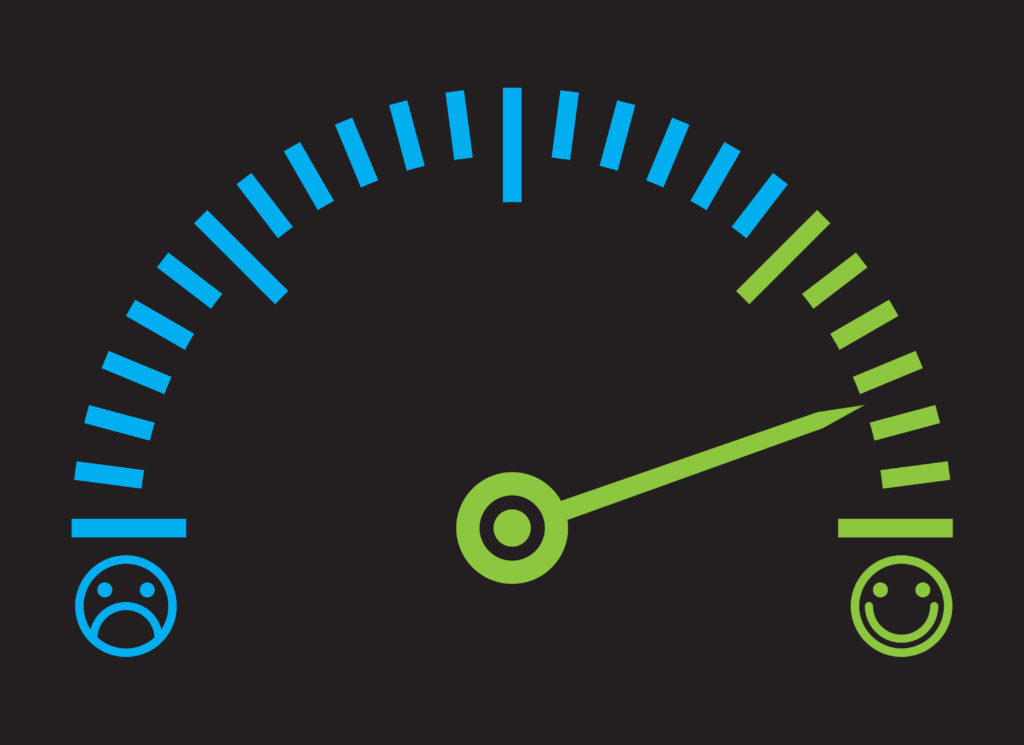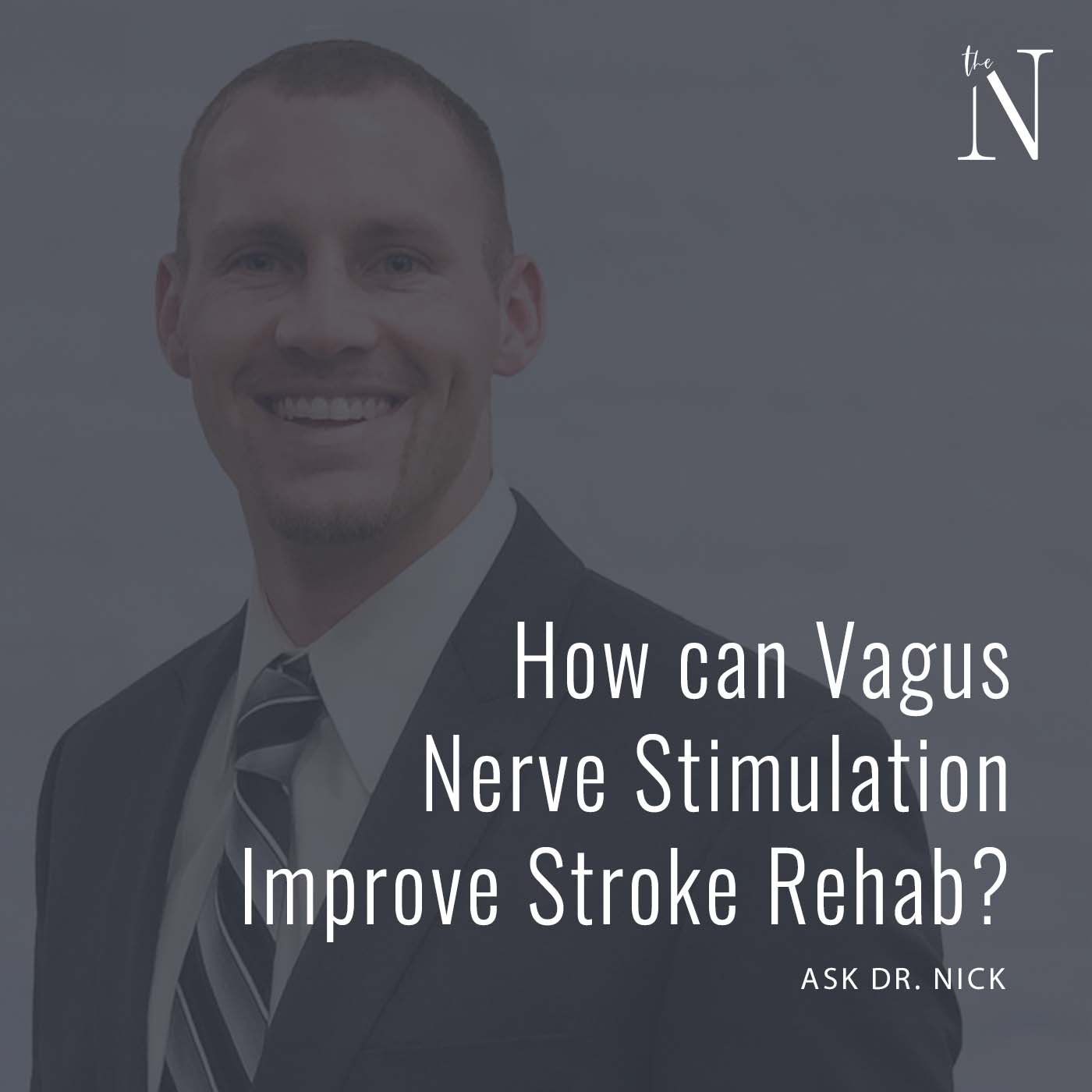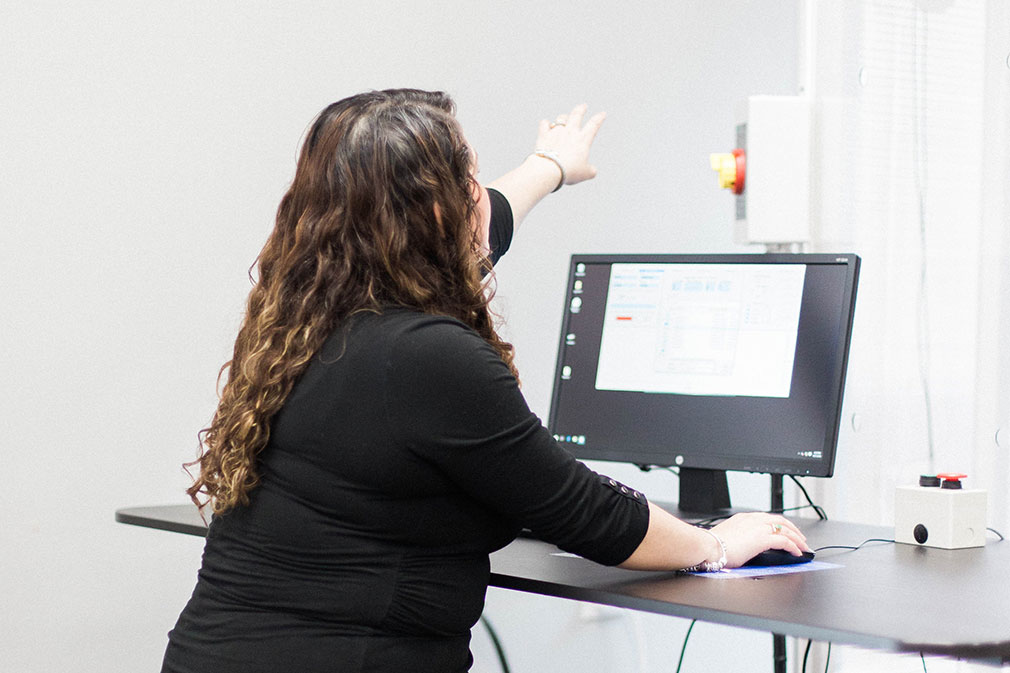History of Movement and Mood
In 1804 Joseph Mason Cox published a book called “Practical Observations on Insanity.” In this book, there is a chapter discussing a chair that allowed doctors to rotate patients in circles in order to improve psychiatric conditions. Spinning therapy was typically used for patients with mania, hyperactivity, or aggression as a way to safely and effectively calm them down. More recently it has been shown that spinning movements evoke a more calming feeling where translational movements (back and forth) promote more of an alertness. It can be observed that all humans, in particular children, seek movements that are associated with vestibular stimulation (such as swinging, dancing, sports) and feel positive emotions as a result of these movements.
The Vestibular System and Mood
The vestibular system has known connections to brain regions that control mood and problems with the vestibular system have been associated with depression and anxiety. Furthermore, depression and anxiety can impact the ability to stay balanced. This demonstrates a two-way interaction between higher cognitive/mood areas in the brain with the vestibular system. There are known overlaps in brain regions that control your mood, your cognition, and your balance/vestibular system. Therefore, vestibular rehabilitation has a probability to improve your mood and cognition. At the same time, cognitive therapy and psychotherapy may improve your balance.
Direction Matters
The direction in which an individual is rotated can be critical. For example, it has been shown that stimulating one side of the vestibular system, but not the other, is involved with increasing activity in the left frontal lobe which is involved with emotional processing and mood. These side-to-side differences also come into play when using vestibular stimulation in the treatment of dizziness, chronic pain, anxiety/OCD, or other neurological conditions.
Conclusion
As more research is completed regarding the human vestibular system (peripheral and central) and vestibular rehabilitation, there may be more opportunities to incorporate specific vestibular rehabilitation exercises in the treatment of patients with mood disorders.
For more information on the type of conditions, our clinicians help with, schedule a consult with one of our patient care coordinators.
References
Preuss et al. Caloric vestibular stimulation modulate affective control and mood. Brain Stimulation. 2014;7:133-140.
Winter et al. Cox’s chair revisited: can spinning alter mood states? Frontiers in Psychiatry. 2013.






